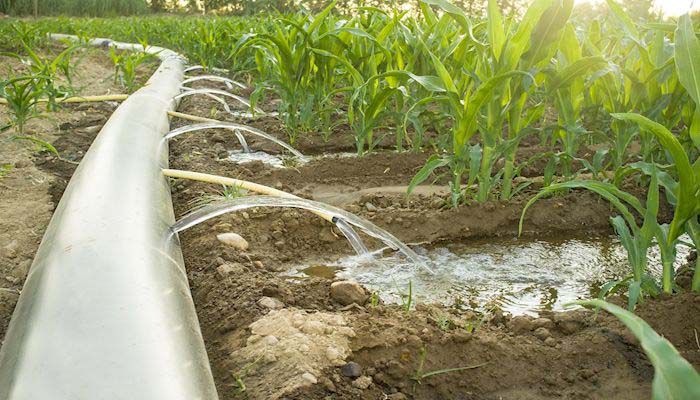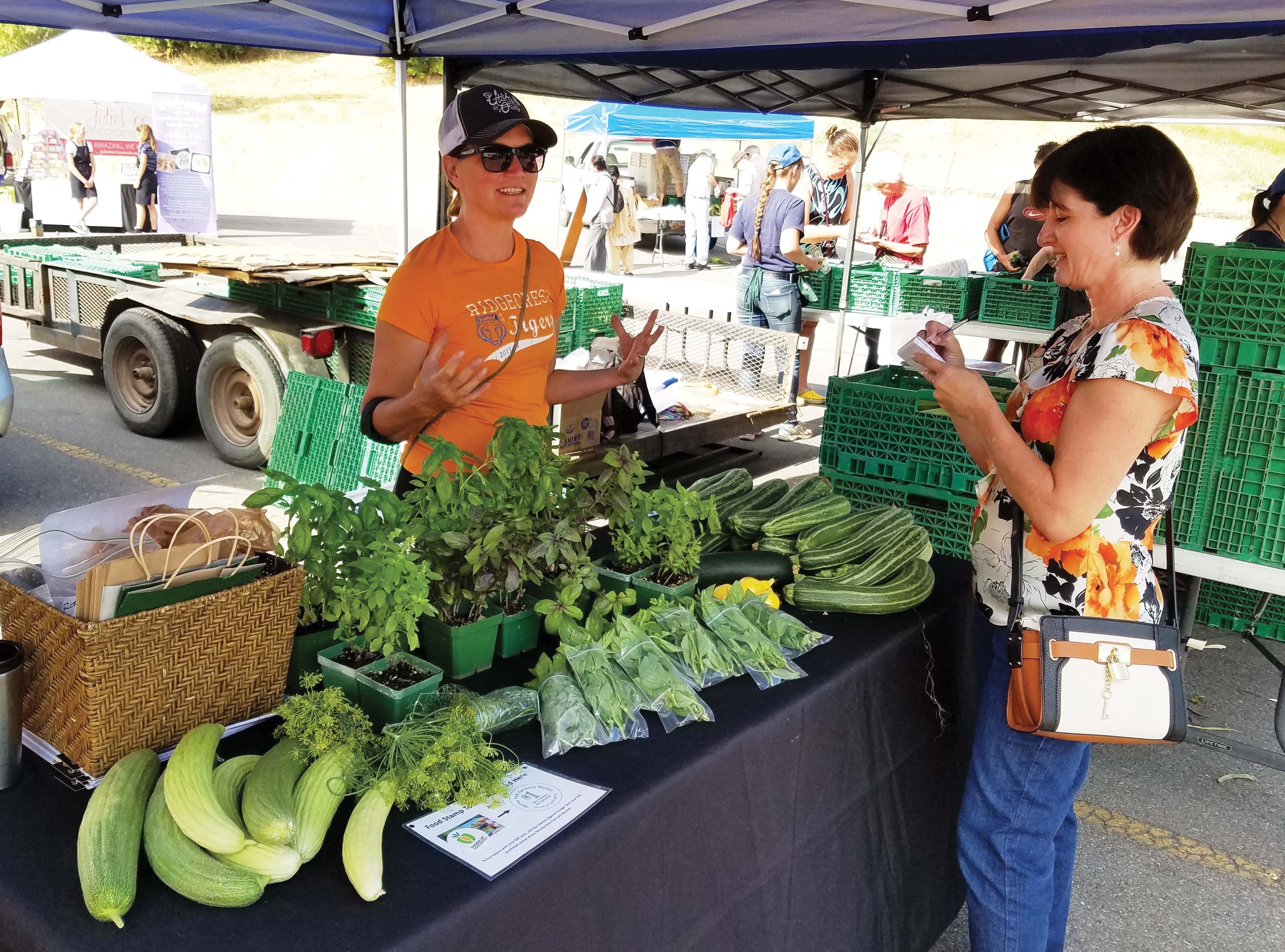How Utah’s Farmers are Securing Our Future
Author
Published
4/11/2025
Utah’s history is written in water. From the early pioneers who channeled mountain runoff into life-giving irrigation ditches to today’s precision agriculture, water has always meant survival in this arid land. Now, as the Colorado River faces unprecedented challenges, two critical organizations, the Utah Farm Bureau and the Colorado River Authority of Utah, are working together to ensure that agriculture, conservation, and smart water management go hand in hand.
It’s no secret that the West is grappling with water scarcity, but the narrative too often turns against agriculture, as if growing food is an indulgence rather than a necessity. The reality is far different. Utah’s farmers are not only essential to feeding our state and beyond, but they are also leading the charge in water efficiency, conservation, and innovation. Instead of pointing fingers, it’s time to recognize our shared interests and the hard work already being done to optimize water use for the benefit of all.
The Unbreakable Bond Between Farming and Water

Agriculture in Utah isn’t just an economic sector – it is a way of life that sustains communities, preserves open spaces, and keeps the rural backbone of the state strong. The Utah Farm Bureau represents thousands of farm families who, quite literally, make Utah’s landscape productive. Meanwhile, the Colorado River Authority of Utah is charged with securing Utah’s rightful share of the river’s water and ensuring it is used wisely. Together, these organizations understand a fundamental truth: if agriculture fails, so does Utah’s water future.
Some would have you believe that Utah’s farmers are reckless water consumers, but this ignores history and reality. Utah farmers have always been innovators. As early as the 1850s, pioneers built some of the first large-scale irrigation systems in the West, ensuring that communities could grow food in an otherwise unforgiving landscape. Today’s farmers are no different, using advanced irrigation technologies, soil moisture monitoring, and crop rotation strategies to stretch every drop of water.
The Myth of the “Wasteful” Farmer
One of the most persistent and misleading criticisms of Utah agriculture is that crops like alfalfa are a waste of water. Critics claim that alfalfa uses too much water, and that Utah should shift away from producing it. This argument, however, is built on flawed assumptions and ignores the real importance of this crop.
First, alfalfa is a critical component of Utah’s agricultural economy. It feeds the dairy and beef industries, both of which are essential to Utah’s food supply. Without it, livestock producers would have to import feed from other states, using just as much water but at a higher cost, both financially and environmentally.
Second, alfalfa is not a villain in water conservation. It is a perennial crop, meaning it doesn’t require annual tilling and replanting like other crops, which helps prevent soil erosion and improves soil health. It also improves soil health by capturing nitrogen from the air and fixing it into the soil. It acts as a natural carbon sink, helping reduce environmental impacts. Most importantly, alfalfa is incredibly resilient and can go dormant during drought conditions, allowing farmers to adjust their water use in dry years.
The reality is that every crop requires water, and the choice of what to grow must be based on economic, ecological, and practical considerations, not on knee-jerk reactions from those who may not understand agriculture.
Agricultural Optimization and Conservation
The Utah Farm Bureau and the Colorado River Authority of Utah are not in opposition to conservation; they are leading it. Utah farmers are implementing water-saving technologies at an unprecedented rate, from drip irrigation to laser-leveling fields to reduce water demand. Many farms are now equipped with advanced soil moisture sensors, ensuring that water is applied only when necessary.

In addition, water banking and temporary rotational programs are being explored as ways to balance agricultural production with the need to reduce water consumption. These programs and others allow farmers to temporarily lease water rights for conservation efforts without permanently giving up their ability to farm. This kind of innovative thinking is exactly what is needed to ensure both agricultural sustainability and water security.
A Balanced Future
Utah’s agricultural sector and water policymakers are not adversaries. They are partners with a shared interest in making the best use of our precious water resources. Rather than vilifying agriculture, let’s notice the incredible strides Utah’s farmers are making in conservation, efficiency, and water stewardship, and their relentless commitment to keep improving.
The next time you drive past a green alfalfa field or see cattle grazing in Utah’s valleys, remember that this is part of a larger strategy to keep Utah thriving. The Utah Farm Bureau and the Colorado River Authority of Utah are working together to ensure that our water is managed wisely, our farms remain productive, and our state’s future water and food supplies remains secure.
In the end, the question isn’t whether Utah should continue farming. The real question is: Can Utah afford not to?
.jpg) ValJay Rigby, President, Utah Farm Bureau
ValJay Rigby, President, Utah Farm Bureau Gene Shawcroft, Chair, Colorado River Authority of Utah
Gene Shawcroft, Chair, Colorado River Authority of UtahThis op-ed first ran in the Deseret News on April 3, 2025.
Want more news on this topic? Farm Bureau members may subscribe for a free email news service, featuring the farm and rural topics that interest them most!
